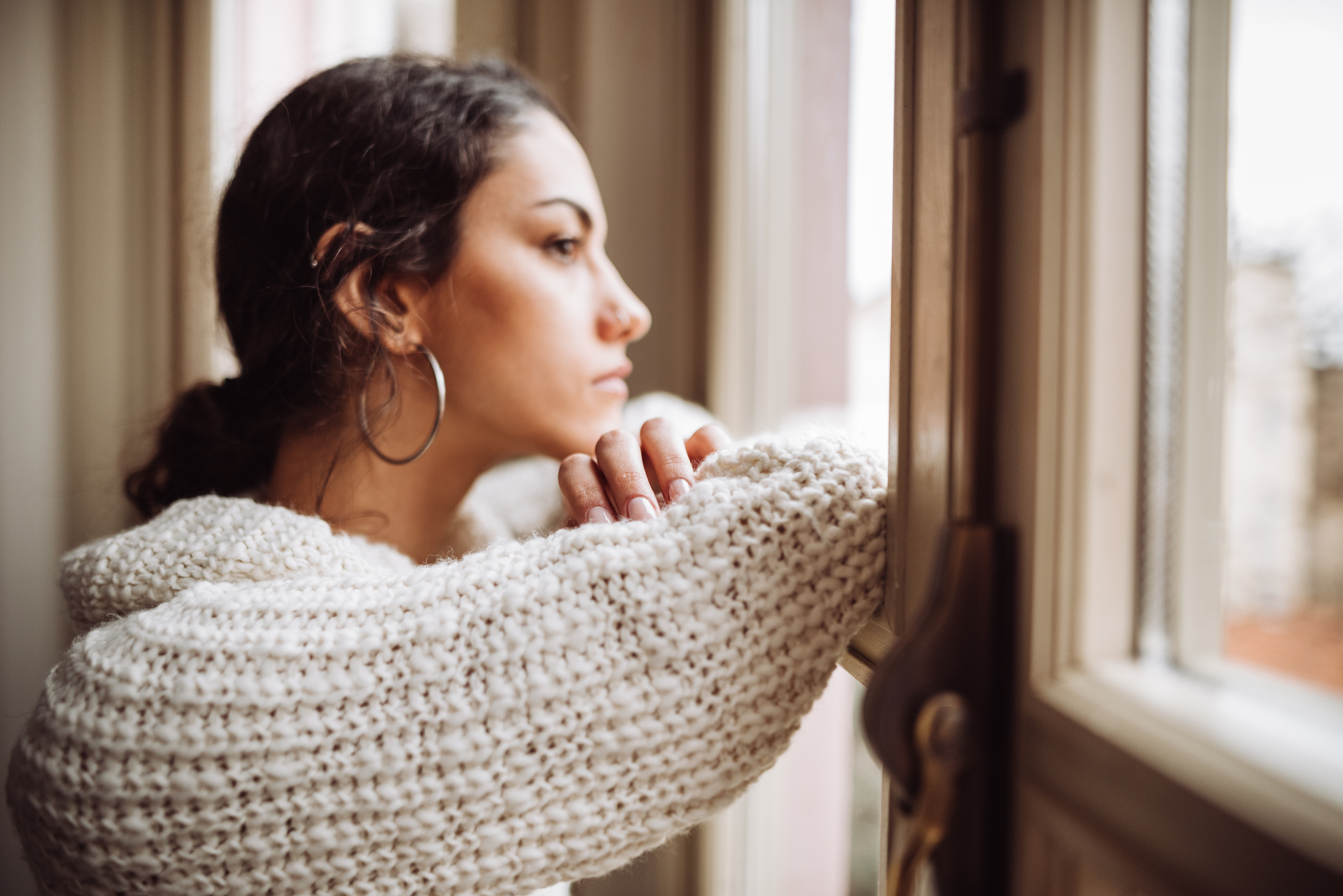The Connection Between Mental Health, Isolation, and Sleep

In today’s fast-paced digital world, maintaining social connections remains essential for mental health—and, in turn, for quality sleep. While the peak of the COVID-19 pandemic has passed, its global impact and long-term effects on our sleep habits and social interactions continue to be studied. Remote work, increased screen time, and evolving social behaviors have reshaped the way we rest. Research from recent years underscores the strong link between mental well-being and sleep, highlighting that those who feel socially isolated often experience disrupted sleep patterns. Understanding this connection can help us take actionable steps to improve both our emotional health and sleep quality in 2025 and beyond.
What is the tie between mental health and sleep?
Sleep has a dramatic effect on our ability to feel good and live our best lives. When you get enough sleep, you’re less likely to be in a bad mood and you’re less vulnerable to stress. When you sleep more, you have more energy. This allows you to perform better, both mentally and physically. Increased energy also means you can get more done, which leads to feelings of accomplishment. On the other hand, with less sleep, it’s harder to make decisions and harder to cope with life’s challenges. Sleep also improves your impulse control, which helps you make choices that you feel good about.
Are there ties between isolation and sleep?
Researchers in Taiwan sought to understand the impact of social isolation and loneliness on sleep quality in over 600 adults ages 50 and up. People who had higher levels of social isolation were more likely to report experiencing sleep problems, compared to those who were not socially isolated. However, this study also showed that feelings of loneliness weren’t linked directly to sleep. In other words, it’s not so much that feeling alone affects sleep, but rather a lack of actual social interactions that can negatively affect our perceptions of our sleep.
How has COVID-19 changed our sleep patterns?
We collected data from SleepScore Max users between March and April of 2020 and found that COVID-19 had an influence on sleep patterns. People spent about 10 more minutes in bed and slept 7 minutes longer when compared to pre-COVID sleep habits. Looking at different age ranges, young adults got an extra 20 minutes of sleep each night and almost 8 hours total. Older people had at least 8 hours of sleep each night, compared to pre-COVID when they were getting less sleep. There are many reasons why sleep could change during the time of quarantine. For example, for people who typically commuted to their jobs, working from home could result in extra free time. Although social distancing has generally helped people get a healthier amount of sleep, the negative impacts on mental health can take a toll. It’s important to take care of yourself and stay connected.
What are some tips for coping with isolation and changes in mental health as they relate to sleep?
Facing isolation during quarantine, it’s important not to lose interactions with loved ones. Just because you can’t see them in person doesn’t mean that you can’t talk with them. A phone call, text, or email are simple methods of communication. If you want to be a bit more personal, try a video chat or writing a letter. Stamps can be ordered online so there’s no need to go to the post office! There are plenty of online platforms and apps that can help connect us to people regardless of distance. Online exercise, meditation, beauty, and other types of self-care videos are available online for free. A few minutes to take care of yourself can help you feel good.
For more engaging activities, try playing games online with friends or doing an online activity together like a cooking class, a paint night, or a yoga session. There are already many resources for maintaining a connection despite distance, and new and improved means are being developed.
Self-care may be one of the best trends to come out of the pandemic. Eat healthy, move your body, stay hydrated, and connect with your community or faith-based organizations safely. Regardless of the activity, find what you enjoy doing most to keep your mind active and focused.
In addition to self-care, finding ways to help others can do wonders for a person’s mental health. Some volunteer programs have been put on hold during the time of quarantine, but there are still ways to help. Contact an organization that aligns with your values and ask if there are ways to volunteer now. Or you can check in with neighbors who might need assistance to see if you can lend a helping hand.
It’s important to seek help if you struggle with negative thoughts, feelings, and stress in ways that feel difficult to manage. Explore online support resources or talk to your doctor. Maintaining a healthy mental space is important for personal wellbeing and can translate to better sleep.
Take good care and sleep well!